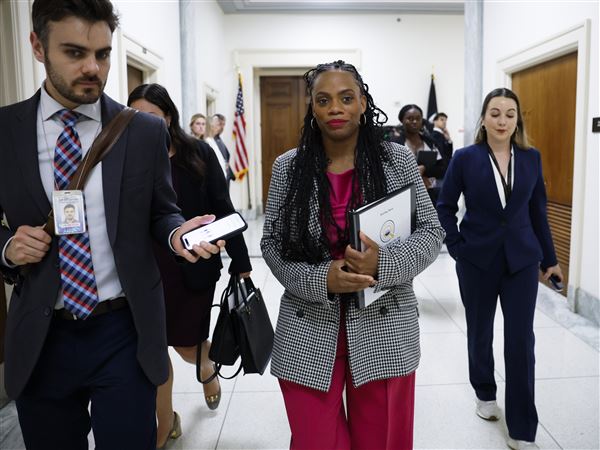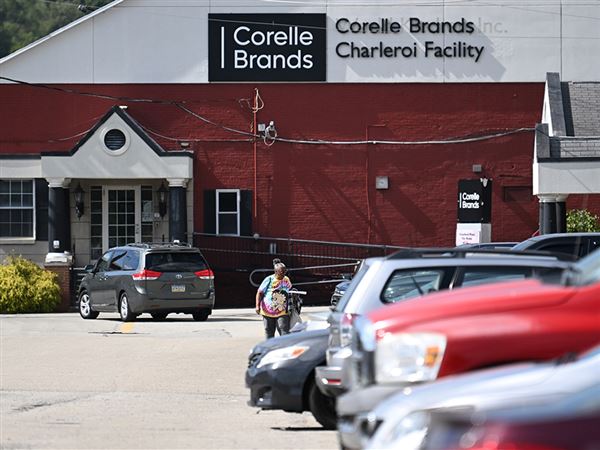A new contest from Carnegie Mellon University's Project Olympus is looking for a few good psychics.
The Open Innovation Competition will award $2,000 to a team of computer science and business students who develop a plan based on emerging trends that have yet to seize the consumer Internet market.
Sponsored by Charles Moldow, general partner of the Silicon Valley venture capital firm Foundation Capital, the contest will be judged Saturday after five finalist groups each give a 15-minute presentation.
The competition is designed to continue Project Olympus' goal of collaboration between the computer science school and the business and administrative schools at Carnegie Mellon. Second place takes $1,000, while third receives $500.
Mr. Moldow said his firm had often worked with well-known research centers such as Stanford and MIT, but recently noticed the volume of worthwhile projects emerging from CMU and its alumni.
The collaboration won't end after the awards ceremony.
"We hope to take the winner's plan and turn it into a capstone project in the fall," he said. Students would work through the school year developing the proposal into a commercial venture.
To do that, the students will have to think like venture capitalists and predict where trends will take technology -- a practice, Mr. Moldow said, that requires different thinking from different sources.
"Most of us are all looking at the same data," he said. "The advent of social media and real time search may have changed that on us."
Judges will score the teams in seven different categories for a possible total of 35 points and then caucus to determine the winner. Categories include "analysis of Internet landscape" and "competitive advantage and business viability."
The judges are looking for an "implementable" plan, he said, one that doesn't just analyze data but acts on it with a ready-to-go plan.
Mr. Moldow has invested in nine companies since joining Foundation Capital in 2005, and four have since been acquired by major businesses such as Google and Yahoo!
One group, though, is turning the tables with a proposal that would help venture capitalists find worthwhile investments without such contests. Brett Harris, a junior in the CMU School of Computer Science, is in a group that has created an algorithm designed to predict the success of startup companies seeking funds.
Venture capitalists plug in details such as the startup's location and goals, and the algorithm works with analytics and statistics to predict "what it thinks would be the next big thing," said Mr. Harris.
Presentations will be at 9 a.m. Saturday in CMU's Gates Center for Computer Science, Room 6115.
First Published: March 19, 2010, 4:00 a.m.














